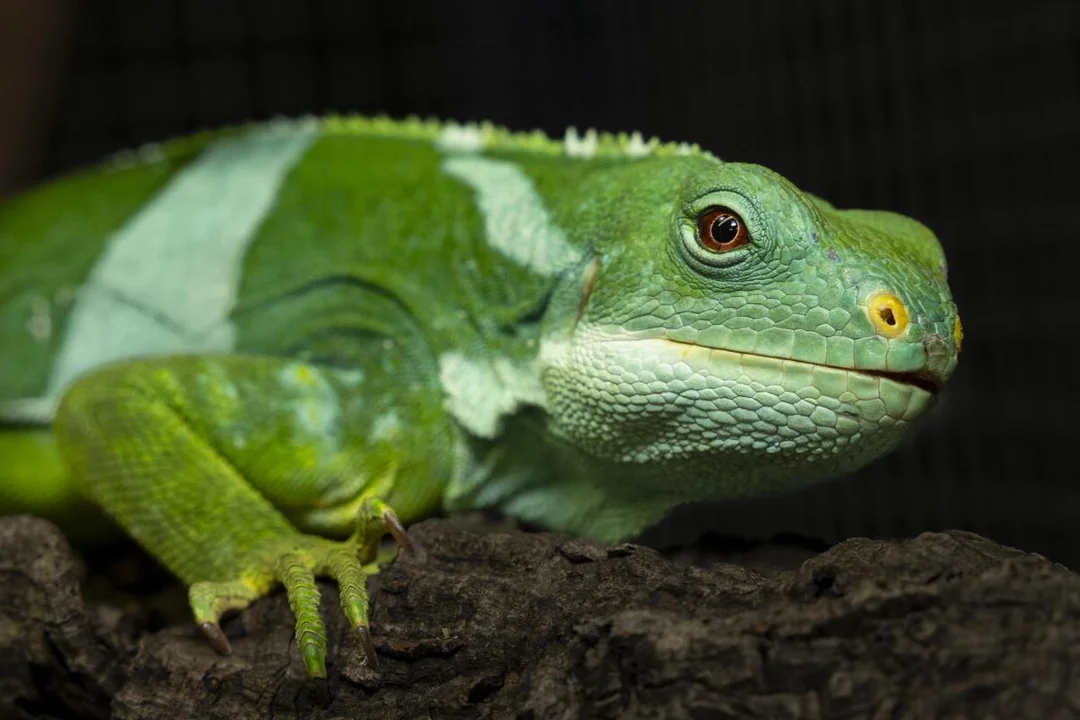
Fijian Iguanas Rescued From Wildlife Traffickers Arrive at San Diego Zoo
After a whirlwind journey around the world, eight critically endangered Fijian iguanas have finally found a refuge at their new home, the San Diego Zoo. Their arrival marks not just the culmination of a rescue operation that spanned years but also highlights the ongoing battle against wildlife trafficking.
The iguanas were rescued from the grips of illegal wildlife trade in Spain, where they were among over 600 reptiles confiscated in a significant bust by Spanish authorities back in 2017. "Confiscations of trafficked wildlife happen a lot more frequently than people realize, and reptiles are especially susceptible due to their high demand in the illegal pet trade," remarked Brett Baldwin, curator of herpetology and ichthyology at the zoo.

This transportation of the iguanas from Spain to both the work of the Foundation for Research in Ethology and Biodiversity, which assisted in their care, and the authorization from the Fiji government as part of an international conservation program. "Wildlife smuggling is a real problem that threatens Fiji’s endangered iguana populations, which are already facing pressures from expanding human activities and invasive alien species," noted Setoki Tuiteci, National Trust of Fiji Council Chairman, reinforcing the need for urgent conservation efforts.
After safely arriving in Los Angeles, the reptiles underwent thorough health assessments and quarantine at the zoo's Jennings Veterinary Hospital. Upon passing their health checks, these long-lost family members will be reintroduced to the broader population within the zoo. The San Diego Zoo Wildlife Alliance has a noteworthy history, having assisted in over 20 reptile rescues in the last 28 years, and it was one of the first institutions to focus on conserving Fijian iguanas.
The zoo's extensive research has shed light on the genetic diversity of native Fijian iguana populations, indicating the potential existence of entirely new species. Geneticists are currently analyzing samples from these new arrivals to determine whether they were poached from the wild or bred illegally. This research plays a critical role in understanding the conservation status of these reptiles, which inhabit about 10% of Fiji's 330 islands.

The resilience of these iguanas, which can grow to around 21 inches and thrive in coastal swamps and rainforests, serves as a reminder of the profound impact humans have on wildlife. Their struggle underscores the urgent need for continued conservation efforts, not just for these magnificent reptiles but for all species threatened by illegal trade.
As we welcome these eight Fijian iguanas to the San Diego Zoo, we must reflect on our role in protecting endangered species. What are your thoughts on wildlife trafficking, and how can we better support conservation initiatives? Let us know in the comments below!